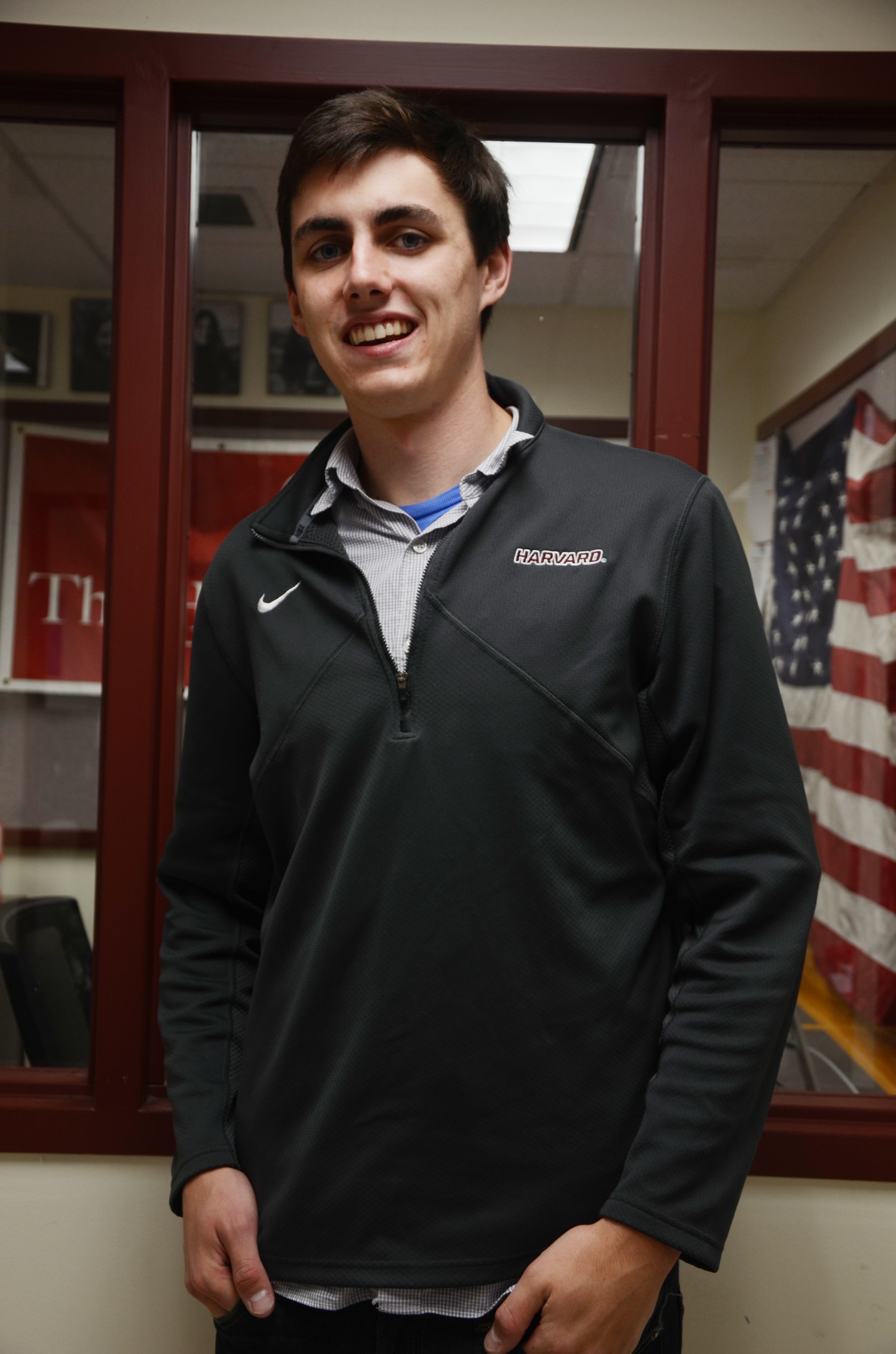
Three Weeks In
I played the piano this past weekend. Not for any reason, really—there wasn’t any new song I was trying to learn—but I played. For almost an hour, too. There was some work that I had to do and some emails that I had to send, but that was okay. Right then, I just wanted to sit and play.
The last three weeks had been crazy. When I sat down, I realized that my hour at the piano was my first truly free time in the last month. So, I took the time to think about some of my goals for the semester.
Over the last two years, I’ve thought a bit about goal-setting through my role as a First Year Outdoor Program Leader. On FOP, we talk about goals as a way to create a vision for our trip. At the end of the trip, what specific things do we want to have happen? What emotions do we want to feel? From there, we work backwards, planning each day so that we achieve those goals. One can approach a semester the exact same way. By starting with a few specific goals, we can come up with concrete day-to-day practices that will further those pursuits.
At the beginning of this semester, I made some goals for myself. I laid out my vision for the semester—in terms of academics, extracurriculars, and social life—and what I needed to do to make sure that I followed them through to fruition. I had it all planned out.
And then school began.
I started the semester taking five classes—I can never seem to choose just four during shopping week—and I didn’t end up dropping one until this past Friday. After three busy weeks, I realized when I woke up that Friday after dropping my fifth class, I didn’t have class on Fridays. I had no schoolwork to do that day.
Despite this, I didn’t have a free moment all day. In the morning, I found myself following an employee through the narrow aisles of a party supply store in Porter Square, looking for nametags and placecards for a banquet one of my extracurriculars was hosting that night. After a brief lunch with a friend, I ended up in the Science Center computer lab, printing out dozens of copies of a comp meeting curriculum, and I finished the day at a fraternity formal event. By the time I laid down in bed, I was exhausted, having not had a moment to rest the entire day.
Over the last two years, I’ve been plagued with a constant fear of missing out, or “FOMO.” I’ll be at a meeting or a lunch, and I’ll suddenly have this intense feeling that I should be somewhere else—whether it’s a more important meeting, a better party, or a friend that I suddenly need to talk to—causing me to pack up and leave. One Saturday night about a year ago, I remember planning my evening so that I could go to every single event that I knew of. I started on the river, making my way from Mather to Adams to Quincy, and eventually moved to the Quad, stopping by my fraternity house but ending up hopping between parties in Cabot and Pfoho. I saw everybody that I wanted to see, and I missed nothing.
By going to every party, however, I didn’t get a chance to experience any of them. I was stressed the entire time, and I didn’t get to talk to anyone in a meaningful way. This is the kind of running around that I wanted to avoid—in each of my undertakings at Harvard, I wanted to create meaning. For me, this is where goal setting came in.
And that brought me to the piano room on Saturday. Exhausted and a bit confused, I finally sat down to think about my goals. Where was I? What had I actually accomplished towards achieving my vision? When I defined my goals at the beginning of this semester, I knew that they would change. But that flexibility was part of what made the process work for me.
That day at the piano, I could see that the very goals I had set just weeks before had already changed. It was frustrating to realize that some of the things I had been working so hard to accomplish were no longer my top priorities. That said, having goals keeps me moving, and with my revised vision in mind, I felt more excited about the rest of the semester.
But after my quick reflection, I had to get to another meeting. Like always, my break was short-lived, but that’s how I prefer it anyways. Still it’s good to know that the piano room isn’t going anywhere—at least until they renovate the rest of the houses.
John A. Elzinga ’15 is an economics concentrator in Mather House. He doesn’t really know how to play the piano.


